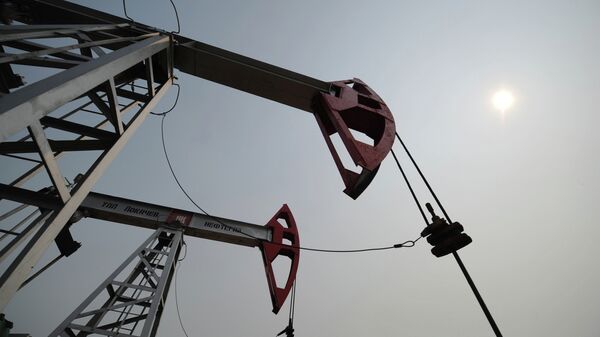Regulated output by major oil producers is needed to contribute to long-term stability, the Rosneft CEO said, adding "therefore in the current state we cannot speak of stabilization or a sustained reversal of negative market trends."
"We can state that the period of low oil prices is long-term," Sechin said, noting significant market volatility and uncertainty amid prices fluctuating in the range of $45-50 per barrel over the past year.
He singled out Russia, Saudi Arabia, Iran and a number of effective US projects as being able to remain competitive, "but this will not help the consumption market."
"Unfortunately, market uncertainty also leads to an intensified battle for consumption markets, and I have to state that all market participants are preparing for an increase in production and are intensifying the battle for markets," Sechin stressed.
The OPEC agreement was supported by 11 non-OPEC states, which joined the deal by promising to jointly reduce oil output by 558,000 barrels per day. Russia pledged to cut production by 300,000 barrels daily. The OPEC has already implemented its commitment while non-cartel countries have implemented over half of the agreed upon cuts.



